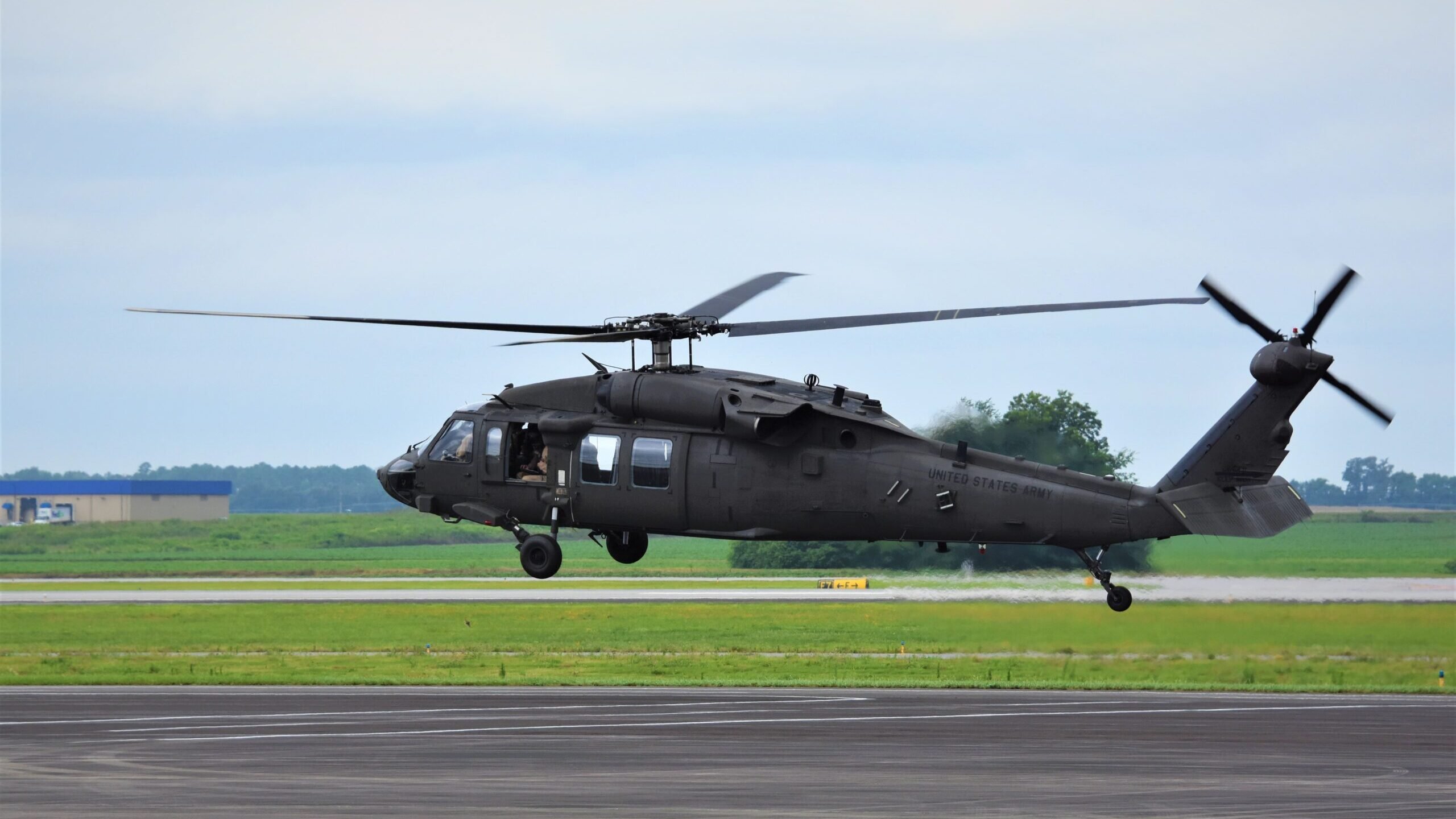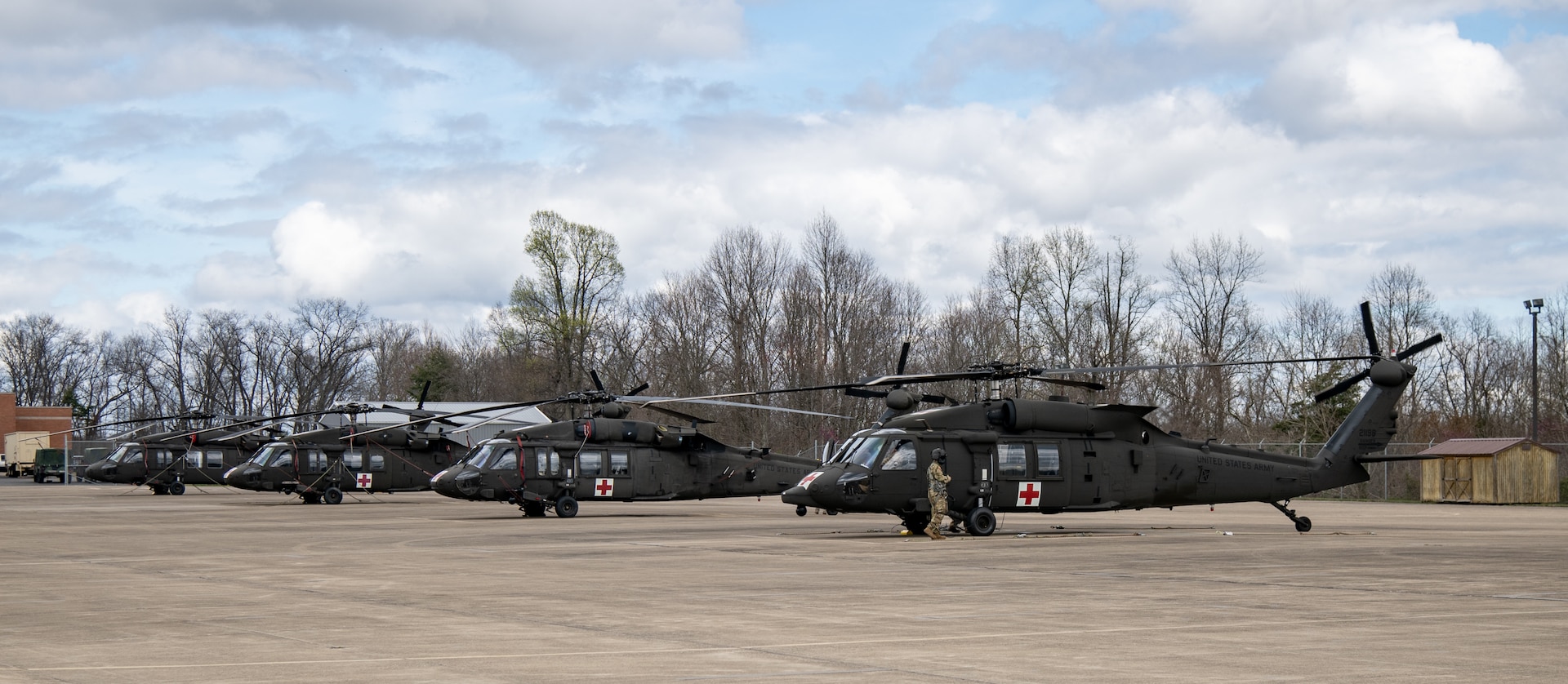UH 60 Black Hawk Helicopter Versions and Their Usages
UH 60 Black Hawk Helicopter Versions and Their Usages
Blog Article
The Function of Aircraft in Shaping International Transport and Trade Characteristics
The advancement of airplane has indelibly transformed international transport and trade characteristics, promoting extraordinary levels of connectivity and performance. With the facility of durable air cargo networks, businesses can currently navigate international markets with exceptional rate and agility, therefore redefining supply chain approaches. This makeover is not without its challenges, as the air travel sector grapples with sustainability concerns and regulative stress. As we check out the multifaceted effects of aircraft on worldwide profession, it is necessary to consider exactly how these aspects will form the future landscape of air travel and its duty in the economic situation.

Advancement of Air Transportation
The evolution of air transport has been noted by significant technical advancements and advancements that have actually transformed the method people and products cross the world. From the Wright bros' very first powered flight in 1903 to the development of supersonic jets, each landmark has emphasized the relentless search of efficiency and speed in flight. Early aircraft were largely simple, restricted by engine power and architectural integrity. The intro of advanced materials and the rules of aerodynamics in the mid-20th century led to substantial enhancements in airplane efficiency, safety and security, and integrity.
The last component of the 20th century observed the emergence of commercial aviation as a practical mode of transport, characterized by the intro of jet engines, which changed air travel by dramatically minimizing trip times. Additionally, technologies in navigation and interaction modern technologies have actually boosted operational effectiveness and security, permitting even more facility trip paths and schedules. The surge of air cargo in parallel with traveler solutions has actually further underscored the versatility of aviation. As we seek to the future, arising technologies such as electrical and autonomous aircraft promise to redefine the air transport landscape, making sure continued evolution and adjustment to worldwide demands.
Influence On Global Trade
Air transport has actually exceptionally reshaped worldwide trade by promoting the swift movement of products throughout large ranges. This expedited logistics ability permits companies to respond rapidly to market needs, therefore boosting supply chain effectiveness. The capability to move perishable products, high-value items, and time-sensitive products has opened new markets and chances for numerous industries, substantially influencing profession patterns.
Moreover, the development of air cargo networks has actually cultivated globalization, enabling firms to source materials and products from different parts of the world effortlessly. This interconnectedness reduces preparations and costs, enabling businesses to remain competitive in a significantly international industry. Furthermore, air transport plays an essential duty in shopping, where consumer assumptions for fast shipment have driven a surge popular for air freight services.
The impact of aircraft on worldwide trade prolongs to the production of calculated trade paths, linking regions and facilitating international collaborations. Nations that buy air transport infrastructure often experience improved economic growth and increased international straight financial investment. Generally, the development of air transportation has not only changed the logistics landscape however has also become an essential part in the characteristics of international profession.

Financial Benefits of Aeronautics
A robust aviation field generates substantial financial benefits, contributing to work production, tourism, and total financial growth - uh 60. The aeronautics market supports numerous tasks around the world, ranging from straight employment in flight terminals and airlines to indirect duties visit site in industries such as friendliness, transport, and logistics. According to sector reports, for every job in the aviation market, about 3.5 extra jobs are produced in the broader economic climate
Tourist is an essential component of the financial advantages stemmed from aeronautics. Air traveling facilitates global tourism, allowing vacationers to explore varied locations, which subsequently promotes neighborhood economies. Nations that buy their aviation framework frequently experience raised traveler arrivals, causing higher spending on services such as resorts, attractions, and restaurants.

In addition, aviation enhances international connectivity, enabling businesses to access new markets and resources effectively. This connection cultivates worldwide profession, permitting the fast movement of goods, which is essential in today's globalized economic situation. Therefore, sectors such as ecommerce and manufacturing benefit tremendously from dependable air transport, more driving financial expansion. Overall, the aeronautics market stays a cornerstone of economic vitality, underscoring its integral duty fit modern economic situations.
Difficulties Encountering the Air Travel Market
Navigating a complex landscape of governing, ecological, and economic obstacles, the aviation industry deals with considerable hurdles that threaten its sustainability and development. Laws surrounding safety and safety are continually developing, requiring recurring compliance and adjustment from airlines and producers (uh 60). This can bring about increased functional prices and source allotment that takes away from advancement and expansion initiatives
Furthermore, ecological problems have actually come to be critical, with expanding examination over carbon emissions and sound pollution. The market is under stress to check my blog take on greener technologies and practices, which usually need considerable investment in research study and advancement. Balancing these environmental responsibilities with the need for flight offers a significant challenge.
Economic fluctuations, such as rising gas rates and geopolitical uncertainties, better complicate the landscape. Airline companies regularly come to grips with volatile operating expense and changing guest demand, which can affect profitability and long-term planning. Labor scarcities and skill gaps in important locations add an additional layer of intricacy, preventing functional performance.
Eventually, attending to these diverse difficulties is vital for the air travel industry to maintain its pivotal duty in international transportation and profession, while making certain durability and adaptability in a progressively open market.
Future Fads in Air Travel
Emerging innovations and moving customer choices are poised to reshape the future of flight substantially. The assimilation of fabricated intelligence and artificial intelligence is anticipated to improve functional effectiveness, streamline airport terminal processes, and enhance customer care. Predictive analytics will certainly facilitate much more precise demand projecting, enabling airlines to optimize flight timetables and pricing models.
Sustainability is becoming a key driver in air traveling, with the aeronautics industry progressively concentrated on lowering carbon exhausts. Technologies in airplane style, such as electric and hybrid propulsion systems, are being explored to satisfy ecological targets. Additionally, the adoption of lasting aeronautics gas (SAFs) is expected to play a crucial role in achieving net-zero exhausts by 2050.
Consumer preferences are moving in the direction of individualized travel experiences. Airlines are purchasing sophisticated data analytics to customize solutions and improve consumer engagement, making sure an extra personalized trip from reserving to arrival. Additionally, the surge of remote work might lead to increased need for leisure travel, as individuals seek to integrate work and getaway.
Final Thought
In final thought, aircraft considerably influence global transportation and trade dynamics by helping with rapid movement and boosting supply chain efficiency. The advancement of air transport has actually changed worldwide trade, producing considerable economic benefits while also presenting challenges that require strategic management. Future fads show an ongoing dependence on aviation for business, highlighting its important function in globalization and economic development. The ongoing adjustment of the air travel industry will certainly be important for sustaining its contributions to the global economic situation.
The last part of the 20th century observed the emergence of business air travel as a practical setting of transport, identified by the introduction of jet engines, which changed air travel by considerably decreasing trip Learn More times. The rise of air freight in parallel with traveler services has further highlighted the versatility of aeronautics. In addition, air transport plays an important duty in e-commerce, where customer assumptions for fast shipment have driven a rise in need for air products services.
Overall, the development of air transport has not only changed the logistics landscape but has likewise come to be an important component in the dynamics of global trade.
Sustainability is becoming a key motorist in air traveling, with the aeronautics sector increasingly focused on reducing carbon discharges.
Report this page